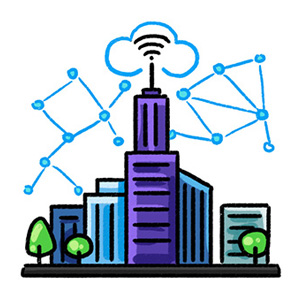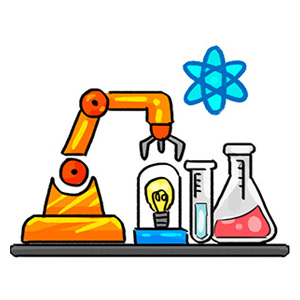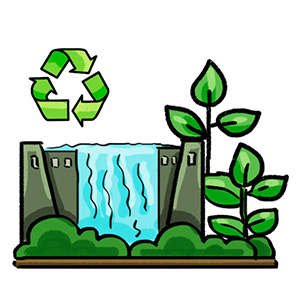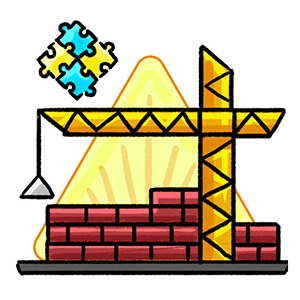

Two Sessions refers to the sessions hosted by the city's political advisors — members of the Shanghai Committee of the Chinese People's Political Consultative Conference — and legislators, who are deputies to the Shanghai People's Congress.
They will sum up what they achieved in the past year and determine the steps the city will take in the following months, or years.
During Two Sessions, members and deputies will discuss and review many work reports, topics and proposals, and they might approve some new laws and regulations. The reports include:





Attendees of this year's Lianghui will discuss the following six topics to map out a better future for the city:







In this section, our reporters interviewed some pedestrians on Shanghai's streets and asked what issues they are concerned most about regarding the city. Let's see what they said.
We live in Hong Kong. If Shanghai expects more tourists, people should be able to speak English. When we go to restaurants, usually the waiters do not understand English at all. We think it will be better for the people who work in the service sector to learn English. And we hope that the taxi drivers can be more professional and trustworthy.


We don't really know if the food we get is safe or not. It is the government's responsibility to regulate the restaurants as well as the food delivery platforms. Restaurants should carry greater penalties for providing unsafe food.

I always find the sidewalks in Shanghai are too crammed. Sometimes pedestrians and motorcycles share the same space, which is really unsafe for pedestrians. I think the government should widen the sidewalks so that pedestrians don’t have to walk on the road.

We are expecting our second child. I hope that government can be more supportive in terms of relevant policies and facilities, and not just financial support.

My son is 8 years old and goes to primary school. The study load is a bit heavy, mainly because of too much homework. Sometimes it’s even hard for the parents because we don’t know how to teach him ourselves. I really think children should have more free time to just play and have fun, but I worry that he may not get into a good middle school if he doesn’t go and take extracurricular classes. It seems there is nothing much I can do about it.
